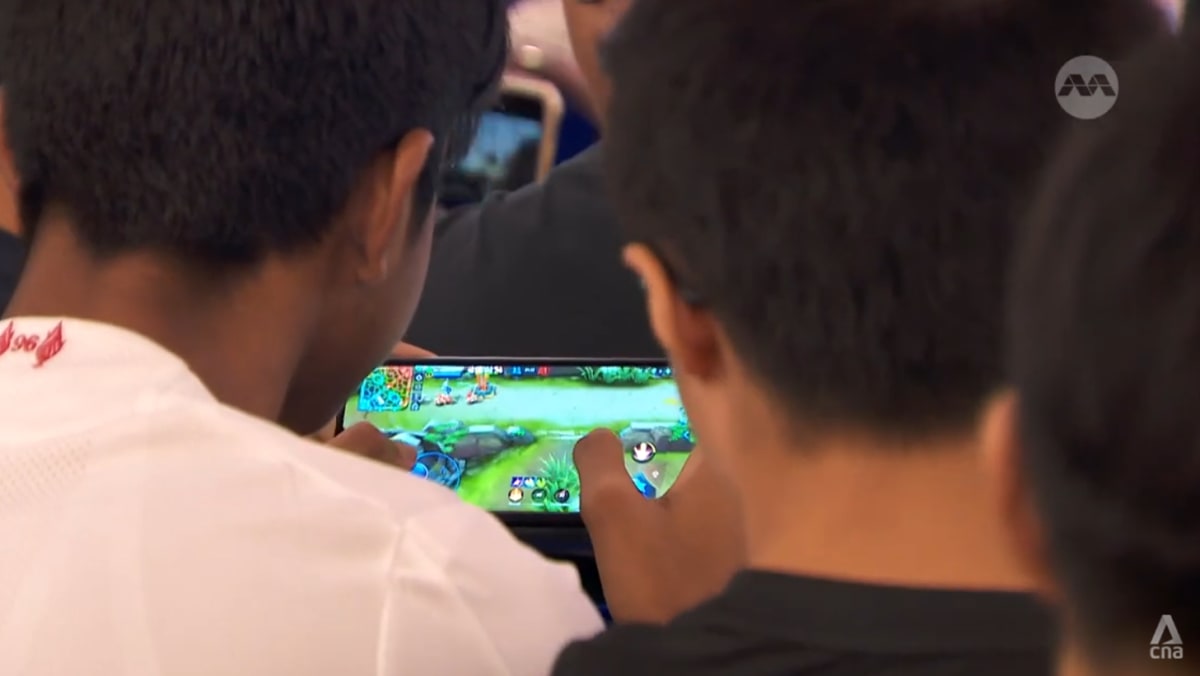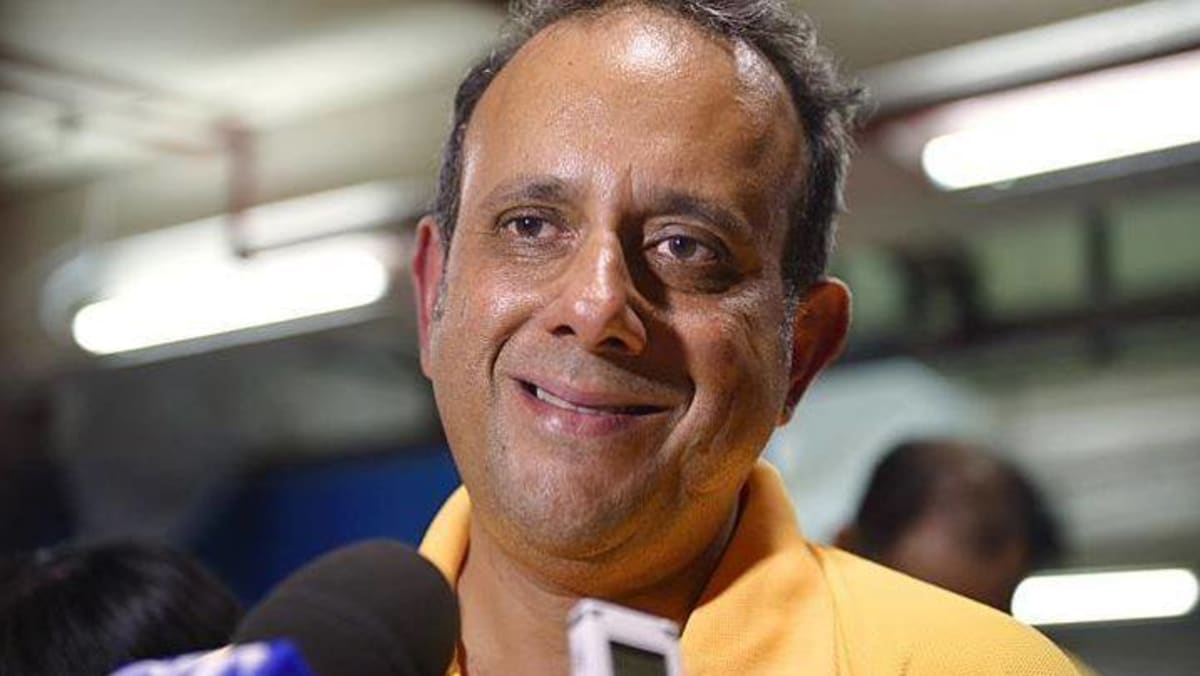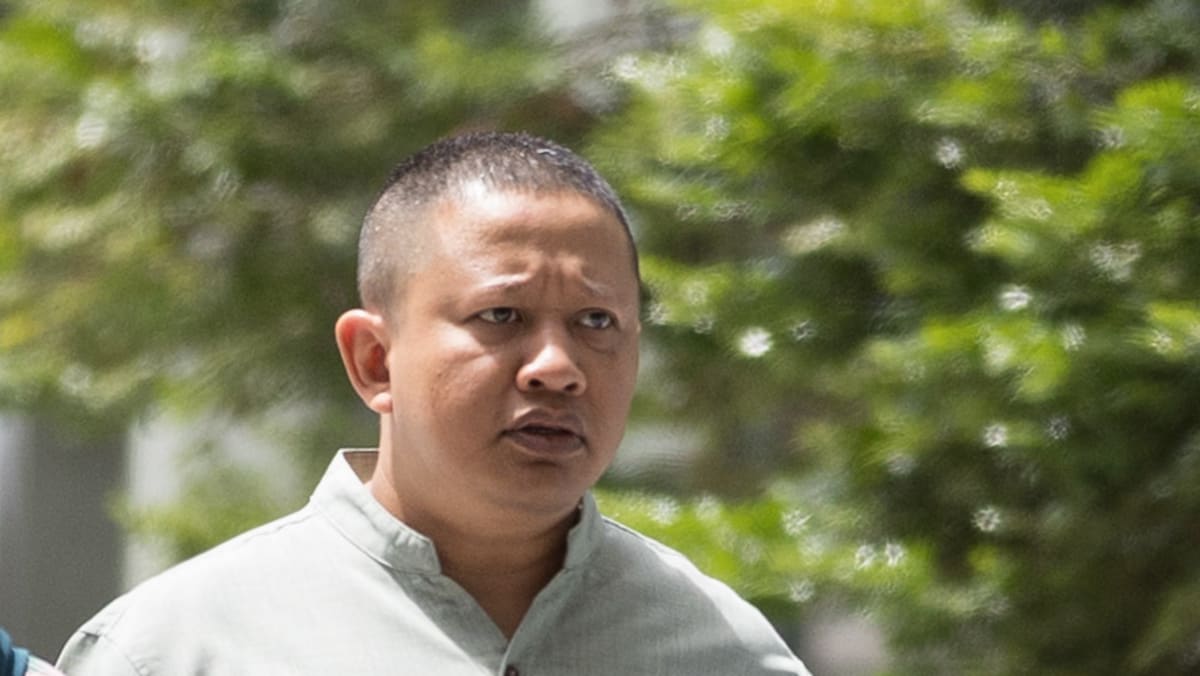Dr Geraldine Tan, principal psychologist at The Therapy Room, has likewise noted an increase in cases of device addiction at her clinic.
“Pre-COVID, we’ve had probably five to six out of 10 parents coming in complaining about their kids on their devices. Now, (we) have almost seven to eight out of 10 parents,” she said.
GAMING ADDICTION CAN LEAD TO SELF-ISOLATION
Those with serious gaming addiction often show signs of self-isolation, neglecting school or work, and refusing to participate in social and family activities, said Dr Tan.
“One of these cases that I have – he was on the computer for an extensive amount of time … that he even failed college. He bought … different gadgets … to facilitate his playing,” she said.
Psychotherapist Narasimman Tivasiha Mani said parents should regulate their children’s screen time rather than taking their devices away, as the latter could worsen their feelings of isolation.
“I’ve had clients that (turned) aggressive because the parents turned off the device,” said the co-founder and executive director of Impart, a community-based youth mental health charity.
He added that gaming served as a coping mechanism during the pandemic for 70 per cent of the youths he works with, who used the virtual world for social interaction during periods of lockdown.
Experts said many such youths continued fulfilling their social needs online after the pandemic instead of returning to offline engagements.
“Gaming addiction … makes them stuck in some way,” said Mr Tom Maniatis, a senior addictions therapist at Promises Healthcare, adding that social isolation could have implications on an ageing society like Singapore.
OVERCOMING GAMING ADDICTION
Mr Maniatis said that many gaming addicts treated by his clinic had undiagnosed conditions including attention deficit hyperactivity disorder (ADHD), autism, depression and anxiety, leading them to use games as a coping mechanism.
Mental health advocates said that addressing underlying issues faced by patients is important to overcoming gaming addiction.
For example, family therapy could be helpful for those who turned to gaming as a means of escape from dealing with family issues, they said.
Dr Tan noted parents should set boundaries on their children’s gaming activities and advised them to seek help early if they suspect excessive behaviour.
This is because gaming addiction, beyond affecting a child’s development, can have lasting effects that extend well into adulthood that could continue to interfere with employment, and social and mental well-being.
“A child, teen or even young adult may not know how to cope with (trauma) and (they) take to the device, and lose themselves in the device,” Dr Tan said.
Youths who require help with gaming addiction can speak to various organisations such as REACH, a community-based service consisting of professionals who work with school counsellors to address students’ mental health needs.
Counselling centres are also working on virtual platforms for youths to seek help from therapists. Some are even gamifying such apps – in line with their target audience’s interests.














